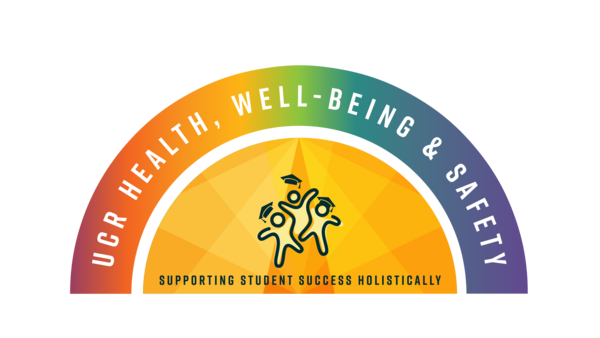CAPS is Open!
To speak to a 24/7 crisis counselor: Call 951-UCR-TALK or 951-827-5531 and select option 1
To speak to our front desk: Call 951-827-5531 and select option 2

Making the Transition to College
Making the Transition to College
By Jennifer Heetderks, M.A.
It's the beginning of fall quarter. New students are getting to know UCR's campus, and returning students are trying to remember where to park. New roommates are introducing themselves and discovering new people with diverse backgrounds. Old roommates are reuniting and realizing that people can change substantially over summer break. And throughout all these changes, everyone is expected to find time and energy to go to class and learn.
Then again, so much of college learning takes place outside of the classroom. What about self-exploration, and finding out who you are when old rules don't have to apply? Or learning how to make friends with people with whom you connect?
Or accepting that you may actually miss the family a wee bit, despite how they sometimes drive you crazy? And maybe, if the universe is kind, finding a special someone with whom to develop a romantic relationship? With all that's going on, how do you cope with transitions while trying to be successful academically?
First, accept that it's going to take time to get comfortable at college. Then realize that everyone is in the same boat. Everyone has left friends at home, and people no longer find themselves in the fairly solid and predictable niche provided by their high school groups. Loneliness and the fear of being alone produce an urgent need to belong. It's easy to forget how long it took for groups to coalesce in high school. Again, try to keep a sense of perspective and realize that it takes time for real relationships to form. It will help reduce your anxiety.
In the meantime, many students make use of their new freedom to try out new roles and new ways of presenting themselves to others. Sometimes the new role fits and feels natural. Sometimes it doesn't and you feel phony. Give yourself time to engage in self-exploration; realizing that finding your identity is a process.
Deciding what your own personal values are usually takes time. You pick up pieces here and there, sometimes by trial and error, gradually developing a sense of what feels right. We at Counseling and Psychological Services find that people who have given themselves the time to think through questions of values, seeking information and guidance when helpful, are more comfortable with themselves and less conflicted than those who haven't done so.
Some days you'll love college. Some days you'll hate it. It's understandable if you feel depressed, confused, anxious, or a little disoriented. In fact, it's to be expected.
Try to accept your mixed feelings and shifting moods. Your parents, roommates, friends, and romantic partner can be helpful at putting things in perspective. For more persistent difficulties (for instance, a depressed mood that doesn't seem to lift), consider talking to a professional counselor at Counseling and Psychological Services. We are here to support you through the numerous transitions you make during college, and to walk with you as you embrace each challenge.



